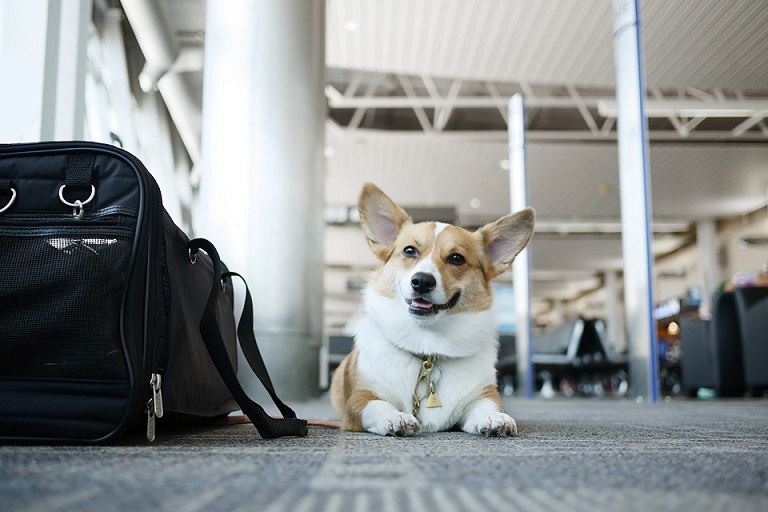There is legislation that rules the movement of animals between countries. They exist mostly to protect humans from potential diseases, and so we should personally think on how to protect our own pet as well. Since many UK citizens enjoy traveling with their furry friends, here is a few things you should know and/or think about.
Free to Travel to Certain Countries
Although today it has become almost normal that we have to quarantine when we arrive in certain countries, we forget that is used to be the norm for animals when they traveled with (or without) us, before. But since the year 2000, when was first introduced the Pet Travel Scheme (PETS), dogs, cats and ferrets can actually move from one country to another (in some cases) without having to be kept separated for a while, before entering into the country.
In 2012, those rules were relaxed even more, making it much simpler to travel with our pet, but with a finalization of the Brexit coming up in January 2021, these might get harsher again, when UK citizens will travel with their animal inside the EU. In fact, all agreements are meant to end upon December 31 of this year (2020), so if you plan to travel later on, you need to make sure to check on the new restrictions before you go.
How to Prepare to Go Abroad with your Animal
The goal with these preparations is to protect your animal from the risk of catching a disease, while it travels abroad. Therefore, you need to make sure to follow them, if you don’t want any issues to arise during or after the trip. Keep in mind that there is also a time schedule that needs to be respected. Therefore, make sure to start working on this as soon as possible. With the uncertainty surrounding the Brexit, you should plan a visit to your vet, four months in advance of your departure date.
Your veterinarian will be the one to inform you on everything you will need to do, in order to be able to leave with your cat, dog or ferret. One of them is to have your pet vaccinated against rabies, if it hasn’t been done previously, or get its booster shot.
You will also need a passport for your four-legged friend. If you don’t have one, again, your veterinarian will be the one delivering it to you, since he has all the information concerning your pet in the clinic’s computer.
Finally, make sure your animal has a microchip inside its skin. It will be required to travel and much safer for you, if you end up losing track of it during the travel. That way, you’ll be able to have it recognized as yours, through this chip recognition, if someone finds it.




